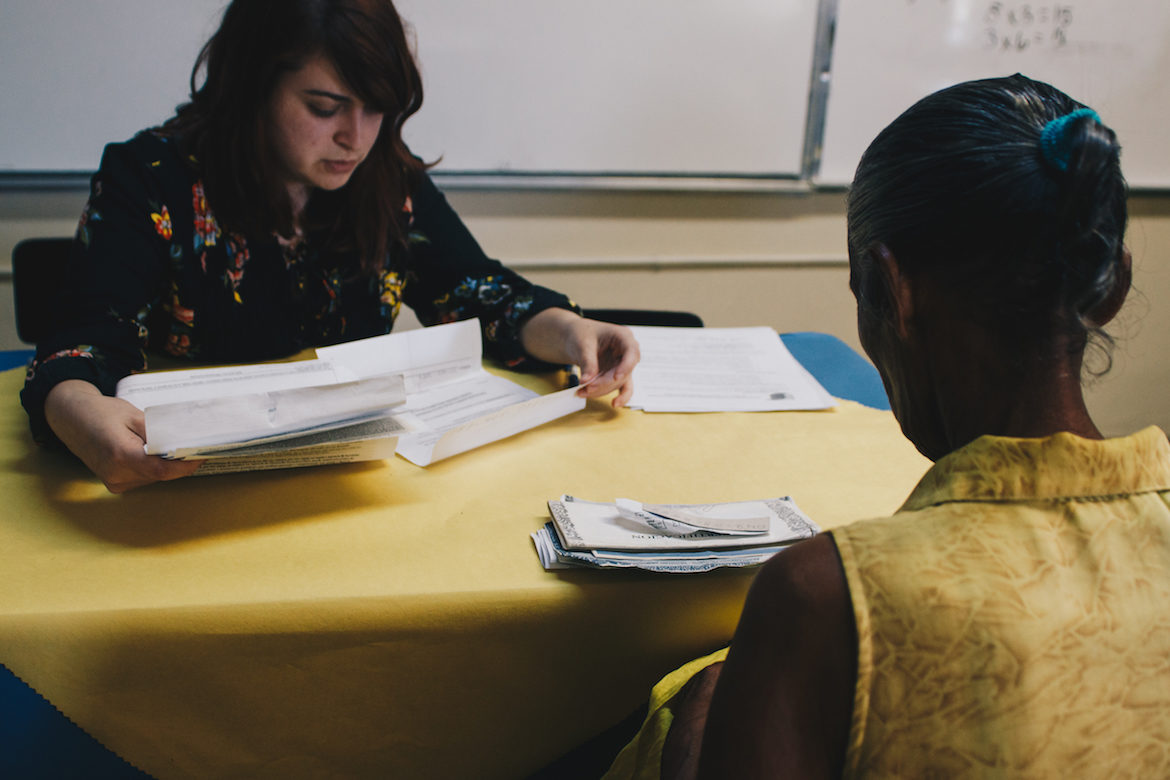Islands Adrift
Hurricanes expose governments’ decades of negligence in Caribbean climate change preparedness
|
Climate change effects like rising sea-level, more rainfall and stronger hurricanes are quickly eroding the coasts of vulnerable Caribbean islands and actively destroying community life and economic activity in plain sight with little to no governmental or international action to protect citizens. Hurricane’s Irma and Maria terribly exposed this institutional neglect in Puerto Rico, US Virgin Islands, and British Virgin Islands where infrastructure collapsed, and coastal constructions were destroyed by storm surge and erosion. Politics play an important role in lack of action and visibility of these island-colonies -and about 10 others in the region- in official world global warming efforts because their data is not considered and they are not included in their analysis.







